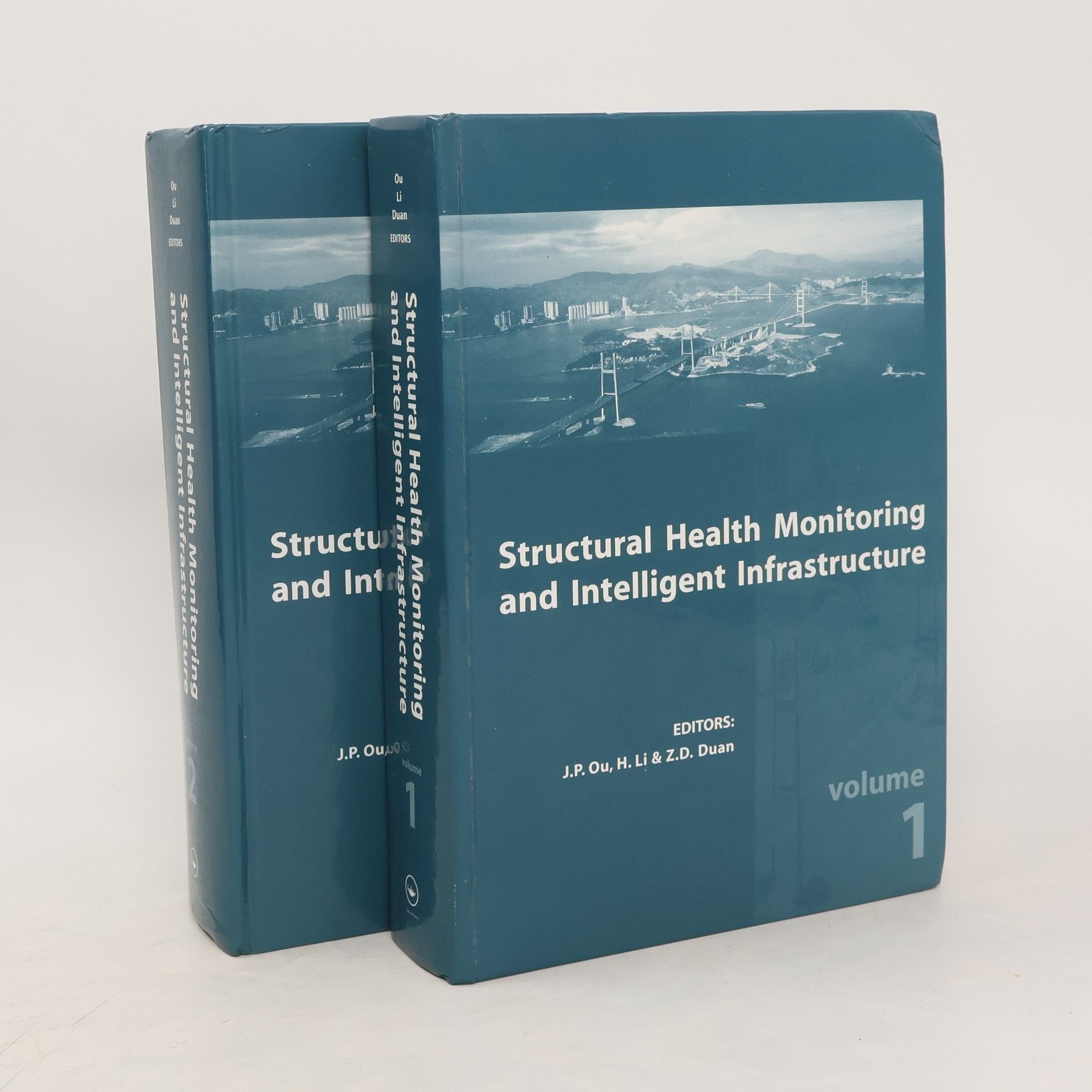SHMII-2’2005 provided international scientists, engineers, enterprisers and young researchers with a forum for exchange about recent advances, potential international cooperation and multi-disciplinary activities. Ideas were pooled about the state-of-the-art, state-of-the-practice, and future trends of smart sensors, advanced sensor networks and integrated systems for structural health monitoring of intelligent infrastructures, and "real-time monitored data" based damage identification and localization, model updating, safety evaluation and reliability forecast and also damage control, maintenance and retrofit decision-making, and life-cycle performance-based design of infrastructures. Topics covered in these proceedings Smart and Advanced Sensors, Wireless and Advanced Sensor Networks, Data Acquisition, Processing and Management, Damage Identification and Localization, Model Updating, Safety Evaluation and Reliability Forecasting, Damage Control, Repair and Strengthening, Smart Materials and Structures, Global Positioning Systems (GPS) and Systems Analysing Wind and Earthquake, Hazard Mitigation of Civil Infrastructure, Remote Monitoring Systems, Integrated Systems and Implementations of SHM.
H. Li Knihy
